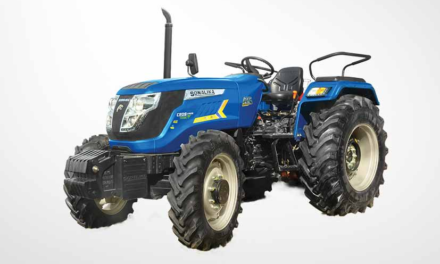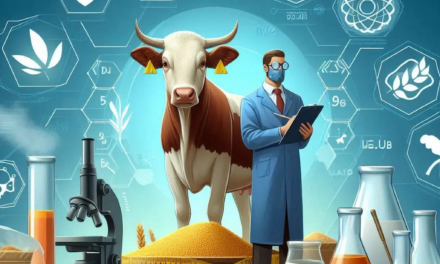Climate change poses significant challenges to rice farming, affecting yields and quality. To address these issues, innovative techniques are being developed to enhance sustainability and resilience in rice production.
System of Rice Intensification (SRI)
The System of Rice Intensification (SRI) is a methodology aimed at increasing rice yields while reducing water usage and chemical inputs. Key components of SRI include:
Planting Younger Seedlings: Utilizing 8-12 day-old seedlings enhances growth potential and resilience.
Wider Spacing: Careful planting of single seedlings in wider spaces reduces competition, allowing each plant access to sufficient nutrients, water, and sunlight.
Organic Fertilizers: Incorporating organic matter improves soil health and fertility over the long term.
Reduced Water Consumption: Implementing water-saving techniques, such as alternate wetting and drying, conserves water without compromising yields.
These practices collectively contribute to higher yields and environmental sustainability.
Heat-Resistant Rice Varieties
In response to rising temperatures, researchers are developing heat-resistant rice varieties. For instance, Japan is working on varieties like ‘Emihokoro’ to withstand high temperatures, which can otherwise disrupt starch accumulation in rice grains, decreasing their quality and market value.
Integrated Rice-Fish Farming
Integrating fish farming with rice cultivation offers mutual benefits:
Nutrient Cycling: Fish waste provides nutrients for rice plants, reducing the need for chemical fertilizers.
Pest Control: Fish help control pests and weeds, decreasing the reliance on pesticides.
Biodiversity Enhancement: This practice supports biodiversity, contributing to ecosystem resilience.
Such integrated systems enhance productivity and environmental sustainability.
Climate-Smart Agriculture Practices
Adopting climate-smart agriculture practices is crucial for adapting to climate change:
Water Management: Techniques like alternate wetting and drying (AWD) optimize water use, reducing methane emissions and conserving water.
Soil Health Improvement: Utilizing organic fertilizers and crop rotations enhances soil fertility and resilience.
Diversification: Growing a variety of crops reduces risk and improves food security.
Implementing these practices helps farmers adapt to changing climatic conditions. Innovative techniques such as SRI, development of heat-resistant rice varieties, integrated rice-fish farming, and climate-smart agriculture practices are essential for adapting rice farming to climate change. These approaches aim to enhance productivity, sustainability, and resilience in rice production.









